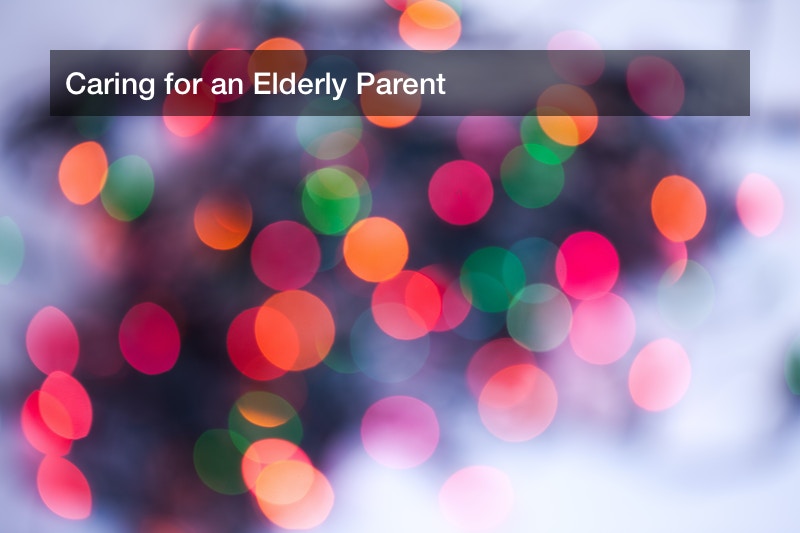
Many adult Americans, most often the elderly, may need some assistance with their healthcare and everyday life at home. If these patients are not in a hospital or nursing home, then they are living in their own residence, and may need some care. An adult guardian, such as an elderly citizen’s adult children, may help provide elder care solutions at home. These care guardians can go a long way toward making a patient’s everyday life more comfortable, safe, and dignified, and patient care advocacy is a large field today. Such care guardians may be necessary for an elderly citizen with dementia, or perhaps patient care advocates are working with a hospital patient who just got back home after surgery. Even after a patient is released from a hospital, they may need some care guardians around to help, and this care can take any number of forms. What might care guardians do for a patient with a bad leg, or one with dementia?
Care After the Hospital
Even after a patient is released from a hospital, that person may need some extra care once they get back home, something that is beyond the responsibility of the doctors and surgeons who treated them. When a patient gets back home, they may have very low levels of energy, or perhaps they have difficulty with motor skills or strength after surgery. The patient may be in crutches or a wheelchair, or perhaps they have had a limb amputated. In these cases and more, care guardians will make the house more accommodating. This may start with moving the patient’s bedroom from a higher floor to the ground floor, so the patient does not have to climb any stairs and risk falling down and getting hurt. The care guardians can move any furniture needed to furnish a ground-floor bedroom, not to mention a bathroom to go with it.
This care may also extend to cooking and preparing a number of meals. The patient may not be able to do this alone, so care guardians can cook several days’ worth of food and package it into the fridge or freezer, easy to access, heat up, and eat when desired. These care guardians may also perform any chores or errands needed, which range from doing the dishes or laundry to caring for a home garden or pets or home repair. Caregivers can also run errands such as grocery shopping, going to the bank, or anything else. If needed, the patient may also get help with bathing or even getting dressed.
Dementia
A similar level of care can be provided for a patient who is suffering from dementia, most often Alzheimer’s disease. This condition, once it sets in, cannot be prevented or cured, and it presents with memory loss and physical clumsiness. But while there is no Alzheimer’s cure, there are means to limit its impact on the patient’s life, and this includes care guardians working in the patient’s home. Dementia most often affects the elderly, and Alzheimer’s in particular mainly affects Americans aged 65 and over, often women.
The house can be made safer for an Alzheimer’s patient. To prevent accidents due to the patient’s clumsiness, tripping hazards such as rugs or electrical cords can be moved out of the way, and sharp or flame producing items can be locked in drawers and cabinets. Only care guardians should use matches, lighters, or knives. Furniture can also be arranged in a logical pattern and kept that way, as reorganizing everything too often can disorient the patient.
Here again, care guardians can provide basic care that may range from cooking and house cleaning to pet care, garden care, running errands, and simple home repair. What is more, these care guardians can provide companionship, which not only cheers up the patient but actually has a positive mental effect. Studies show that mental stimulation such as conversation and doing puzzles can slow down the progress of Alzheimer’s, a natural remedy of sorts that requires no medicine or surgery. Finally, if the dementia patient goes outside for errands or walks, he or she should carry a name tag with their address and contact information of their care guardians. This is very helpful if that person gets lost or hurt and someone else finds them.
